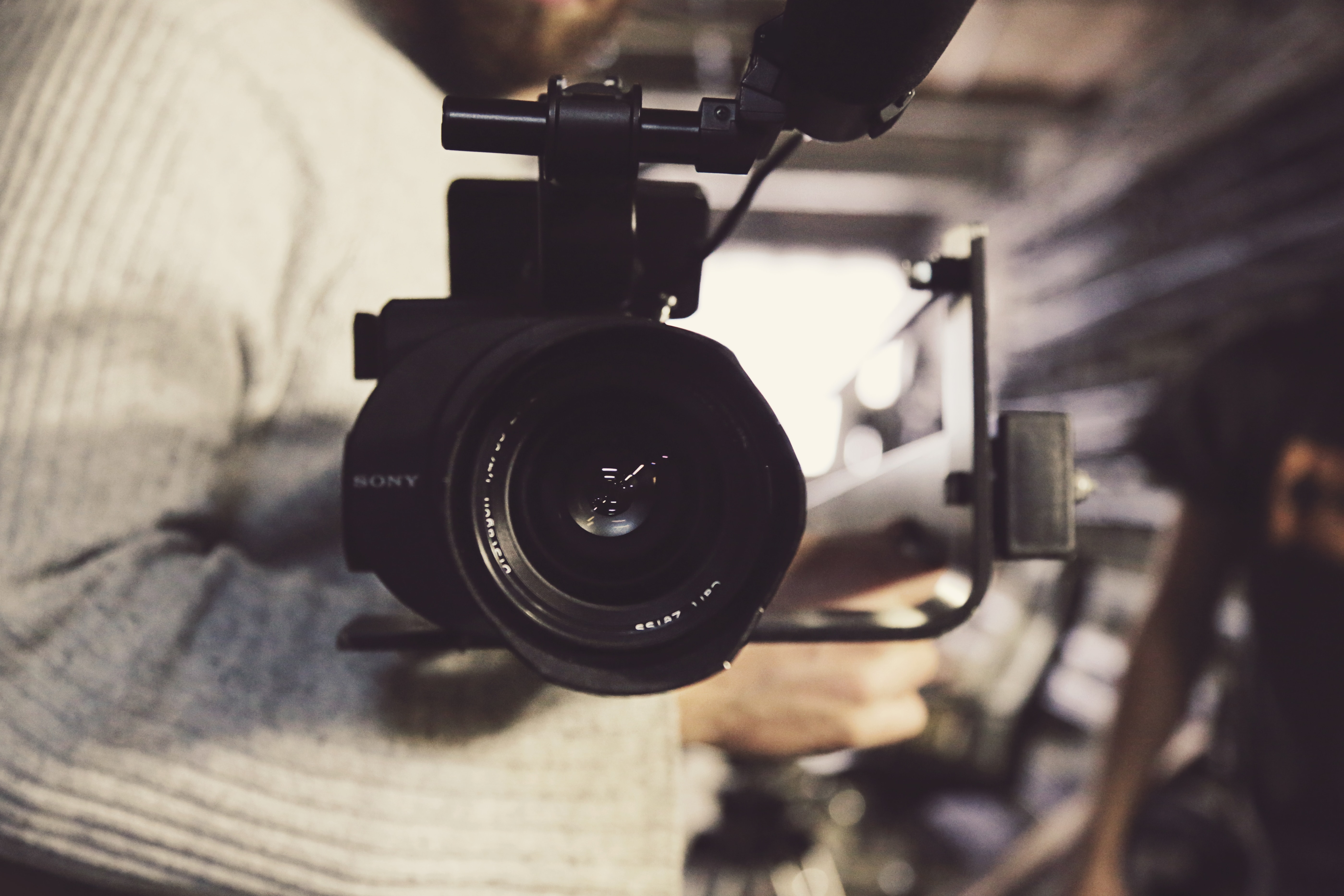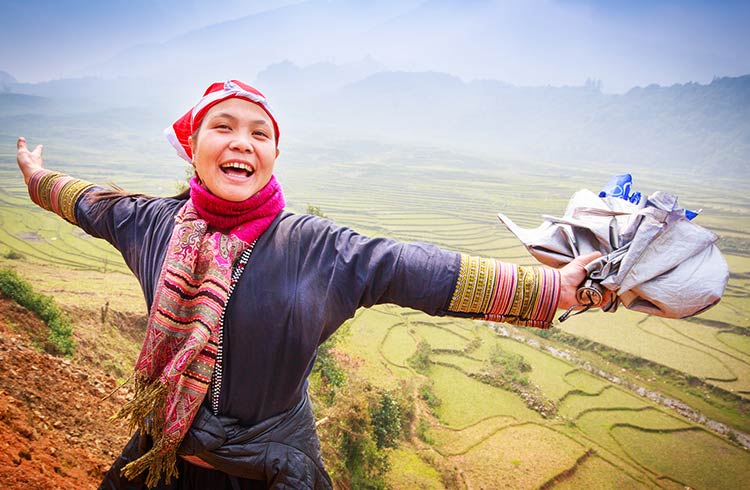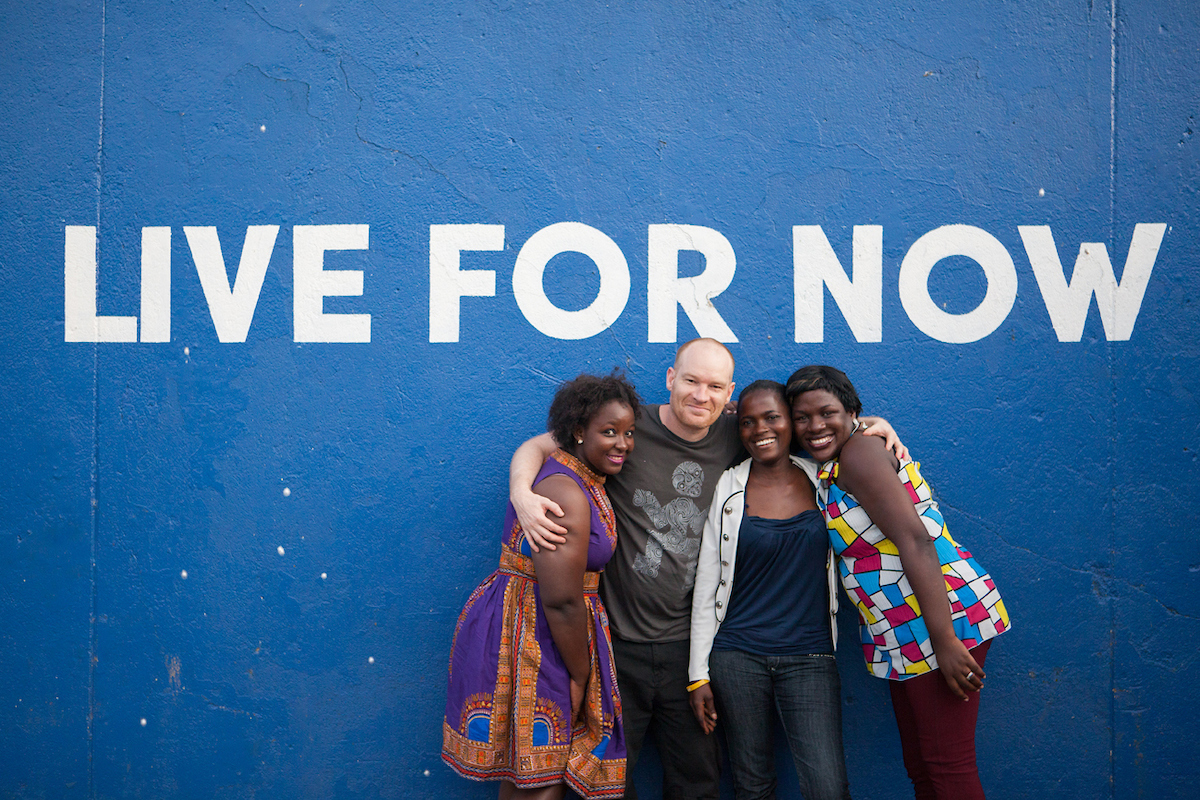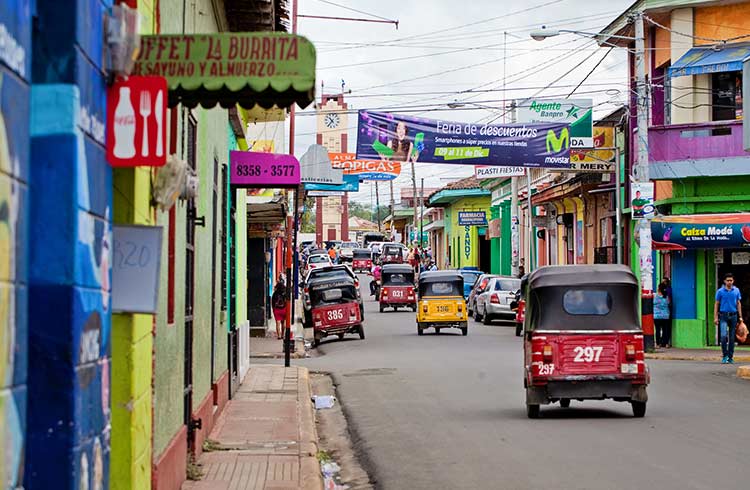Past World Nomads Travel Documentary Scholarship recipient and award-winning documentary filmmaker, Maranatha Hay, shares her experience shooting in Managua, Nicaragua as well as her top tips for budding documentary makers.
 Photo © Laura Lee Moreau
Photo © Laura Lee Moreau
Shooting 'Surgeons of Hope'
It is 6am in Managua, Nicaragua and I’m working through my 30th sleepless hour at the La Mascota Hospital. Holman Padilla, the main character in my documentary Surgeons of Hope, has just woken in pain from one of the most complicated surgical procedures possible: a pediatric heart surgery. Holman and his mother knew that without the procedure, Holman would eventually die. Still, it was hard to watch his sternum cut open by a bone saw.
Eventually, I’ll have to leave and go back to the hotel. I need to transfer my footage, sleep, and eat. There isn’t anywhere to sit except for a few chairs outside of the ICU bathroom and I hate taking up a chair when Carmen, Holman’s mother, is sitting on the hospital floor.
I catch a taxi back to the hotel, and a phone call wakes me six hours later. It’s Holman’s nurse.
“Where are you? Do you know that Holman and Carmen are about leave? They’re waiting for a taxi to take them back to their village.”
In an instant, I am on my feet. I fell asleep cradling my camera and now there is an angry red impression of it pressed into the side of my neck. How could he be leaving the hospital less than 12 hours after heart surgery?
“The doctor thought it would be best to stay away from the hospital. Most kids die around here from infection.”
I race back to the hospital, sprint past the gate, and find them standing outside in the rain. Holman’s aunt brings an umbrella and they huddle together. They are shivering, but so happy to leave.
I am sitting in the back of a taxi now; Holman is sitting in the passenger’s seat on his mother’s lap. They are not wearing a seatbelt because Holman’s chest is still sore. We are going 10 miles an hour over the speed limit and we hurtle toward their home in the rain, to a tent pitched against the side of a rock; no heat, no doors, no bathroom, which is somehow safer than any hospital.
I realize absent-mindedly that I have no idea where I am going or how I will get back. I have a vague impression that the village is 30 minutes away, but my Spanish vocabulary is limited to basic needs and I am the clichéd American who cannot speak another language.
We pull into an alley and the taxi driver scoops Holman up and carries him to the house. He sits outside on a plastic picnic chair for a few minutes then quietly slips away to rest.
It is dusk when my camera runs out of battery and I am forced to surrender the thing that constantly prevents me from living in the moment. Into the night, the extended family arrives, one by one, to hear the great tale of Holman’s trip to Managua. My Spanish and I struggle to stay a part of the conversation but after much effort, we finally admit defeat and stand in shadows, watching Holman’s family experience the universal joy of having a family together, once again.
Tips for budding documentary makers
The following are pieces of wisdom I have stowed away. These have been learned through bitter and repetitive trial and error.
1. An organization very rarely makes a good story. Make sure that your story is about a person or a group of people.
2. Trust your instincts. Shoot things that are interesting to you. Ask questions that you honestly want to know the answer to. Then, listen.
3. When away from home, always wear comfortable shoes and carry anti-diarrhea medicine.
4. Although it is easier said than done, the more constructive criticism you welcome and receive, the more you’ll know your film.
5. Push your film as long as you make your film.
6. Travel the festival circuit by making a strong documentary short.
7. For a first project, choose a subject that is about to experience something that will take place in a finite amount of time.
8. Journal after you shoot.
9. Cast your net wide. Be choosy with your story. Finding a good story is your job. Force the issue. Ideas come from other ideas so actively look. Educate yourself and notice when your interest goes up.
10. Think about reality casting. People who have one foot in two worlds are good because they can comment, reflect, compare and contrast perspective.
11. Read, listen to music, and watch documentaries. It’s important to know what your peers are doing.
12. Don't let the world you describe be smaller than the one you inhabit. It's okay to fill your story with joy, discovery, surprise, pleasure, and humor.
About Maranatha Hay
In 2009, Maranatha Hay received the World Nomads Documentary Scholarship to Vietnam. Since then, she's been a director for the series Loma Linda 360, a documentary magazine show broadcasted on PBS affiliates across Southern California. Her works combine her two loves, science and storytelling, and specialize in humanitarian aid. She's a five-time Emmy-award winner, known for her work on Stocked Love (2016), Skeleton Woman (2017) and Baby Blue (2009). She has received numerous international awards for her short documentaries and her works have been featured on PBS, Funny or Die, and BBC Channel Four.
Related articles
Simple and flexible travel insurance
You can buy at home or while traveling, and claim online from anywhere in the world. With 150+ adventure activities covered and 24/7 emergency assistance.
Get a quote


No Comments